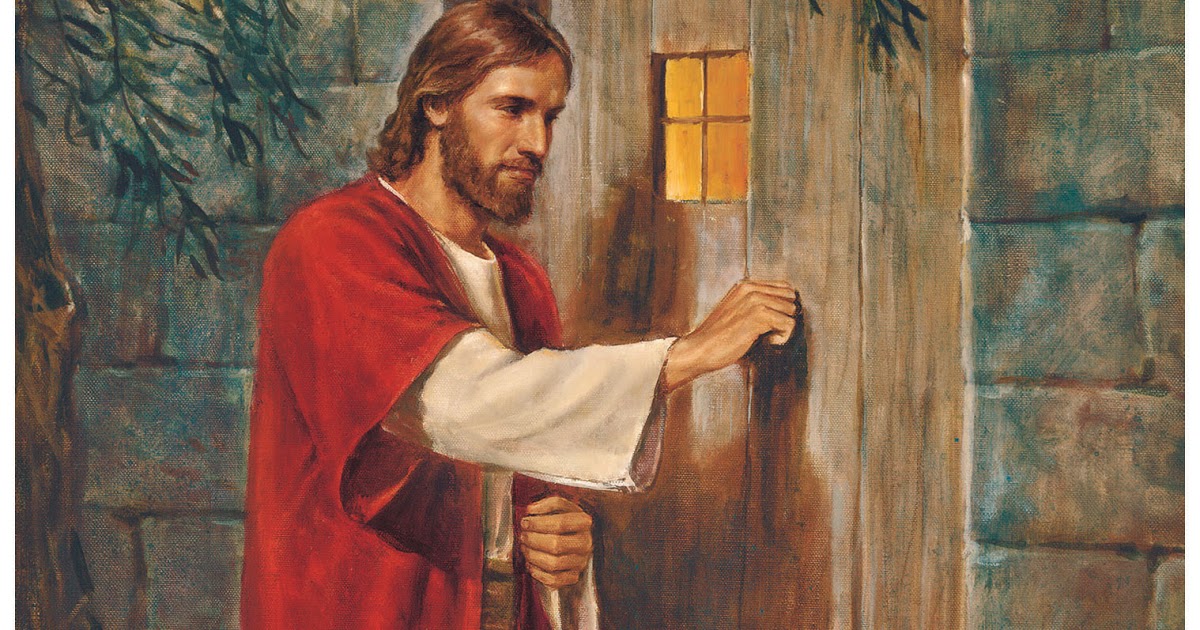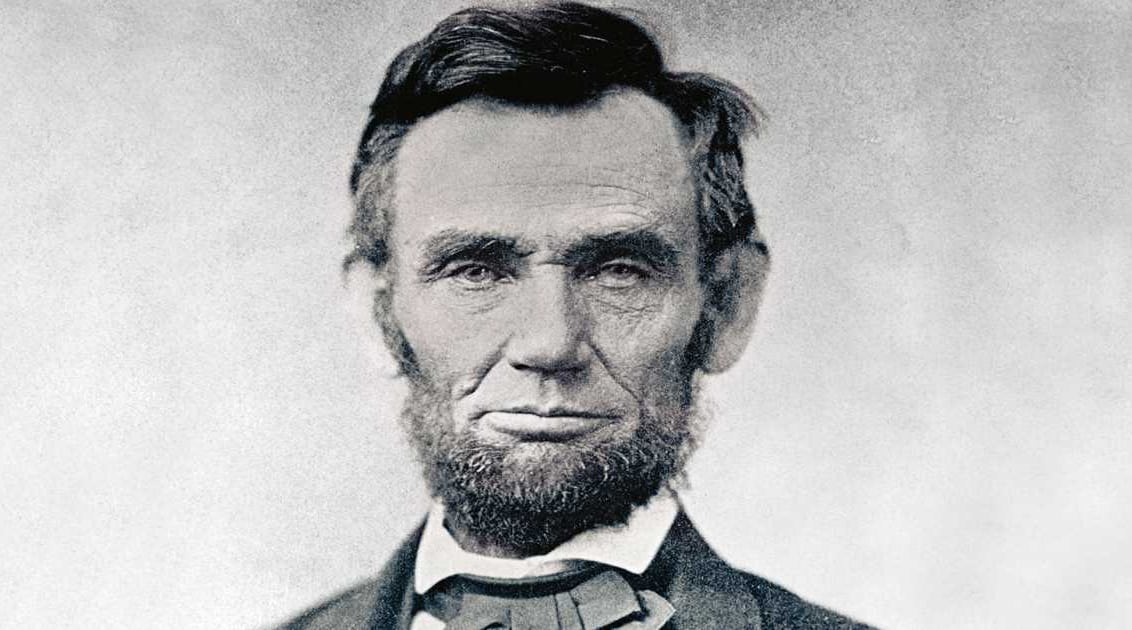What would you say if a woman won the lottery drawing—worth many millions of dollars—but refused to turn in the winning ticket and collect her prize? I think we’d all agree that would be very foolish; even if she didn’t want the money herself, she could collect it and then give it away to charity. Or what if a witness in a murder trial received a death threat against his life—and absolutely refused police protection, instead desiring to take his chances on surviving on his own? We all know that would be taking an unnecessary risk. How about a hospital patient suffering great pain who, for no good reason at all, refused a painkiller to relieve his or her misery—would that be reasonable? Of course not. In all these cases, people might freely decide something which makes no sense at all—and their choices would have to be respected, no matter how mistaken or irrational they might be. God operates under the same rules; He respects our free will, even when we make bad decisions. The Lord offers us blessings, protection, and strength—everything we need to fulfill our mission on earth and achieve eternal life—but He cannot and will not impose these gifts on us. His great spiritual blessings, and His wonderful plan of salvation, depend upon our free choice. Our Heavenly Father will offer us everything we need to be happy—but it’s up to us to accept.
We know that God doesn’t force His will or His gifts upon us; we must freely decide our response. The prophet Elijah (1 Kings 19:9, 11-13) fled to a cave for safety, for the evil Queen Jezebel had vowed to kill him. Elijah had almost single-handedly fought against paganism, trying to call Israel back to true worship of God—and as far as he could tell, he had failed. He was an old man; he was tired, and he wanted to give up and die. This wasn’t God’s plan, however; Elijah’s mission wasn’t yet complete. Ancient peoples believed that, if they looked directly upon the face of God, they would be so overwhelmed they would die instantly. That’s why Elijah covered his face when God passed by—and in this gesture he showed his willingness to accept God’s will and continue living and carrying out his mission. The Lord promised His support and protection, and Elijah agreed. St. Paul (Romans 9: 1-5) laments the fact that the Jewish people, who have been so greatly blessed by God, have not accepted Jesus as their Messiah. God cannot force His will upon them; He must abide by their decision. Nevertheless, the Lord loves the Jews, and they remain His chosen people, even to this day. St. Paul loved them, and even expressed his willingness to die for them. We too must love them and pray for them, that they may accept all the blessings God desires to bestow upon them. This theme of accepting God’s gifts is also found in Matthew’s Gospel (14: 22-23). As Peter walked on water—a miracle was made possible by his faith in Christ’s power. However, when Peter took his eyes off Jesus and allowed his faith to be replaced by worries and doubts, he faltered; he stopped using the gift he was given, and began to sink. Fortunately, he still called upon Jesus—and the Lord was there for him.
When Thomas Jefferson was president, he and some companions were traveling one day on horseback. They came to a flooded river which had washed the bridge away, forcing them to ride through the swollen river, fighting against its currents—a very dangerous situation. A traveler on foot arrived at the site, sized up the situation, and asked Jefferson to let him ride across the river with him, seated behind him on his horse. Without hesitation, the president agreed. Once they were safely on the other side, one of Jefferson’s companions asked the man, “Tell me, why did you select the president to ask this favor of?” The man was shocked, having no idea it was the famous Thomas Jefferson he had asked for a ride. He explained that he had tried to guess who would be most likely to help him, and said, “All I know is that on some of your faces was written the answer ‘No’ and on some of them was the answer ‘Yes.’ His was a ‘Yes’ face” (Swindoll’s Ultimate Book of Illustrations & Quotes, p. 3).
God wants each one of us to have a ‘Yes’ face—not only for the times He asks us to do something for His glory or to fulfill some mission in His Name, but also for the times when He wants to bless us, and help us grow in virtue and faith, and enrich us spiritually. He cannot help us cross the river of life’s obstacles, and safely reach our destination, unless we allow it. Like Peter when he was walking on the water, we too may experience times when we suddenly feel overwhelmed, times when we might ask ourselves, “What was I thinking? What am I doing here—how am I going to get through this?” Jesus, after reaching out to us, might in turn ask us the same question He asked Peter: “Why did you falter?”
I think that, when we reach Heaven, we’ll be able to look back at our lives and see every moment when God offered us His grace, His blessings, and His protection. We’ll be able to see the times when we ignored His gifts, the times we were blind or too busy. Fortunately, we’ll also see the times we accepted God’s help and His gift of salvation—just as Peter did call upon Jesus for help even after he made the mistake of not fully using the grace he was given. Perhaps that’s one of the greatest curses of hell: those who’ve rejected God for all eternity will be able to see, with perfect clarity, all the times they’d ignored God’s grace, all the times they’d spurned His mercy, all the times they could have accepted His love—but chose not to.
God is here for us; He will be present in our lives to whatever extent we allow. If you are suffering great physical pain, if you’re worried over a son or daughter who seems to have lost the faith, if you’re grieving over the death of a loved one, if you’ve experienced a great disappointment, or if you’re simply discouraged or worn out from the demands and responsibilities of life, don’t try to go it alone. Let Jesus be with you. He won’t always take the burden away, but He will help you bear it. God offers us His grace, His blessings, and His protection—but He can do nothing more than that unless we choose to say ‘Yes.’








